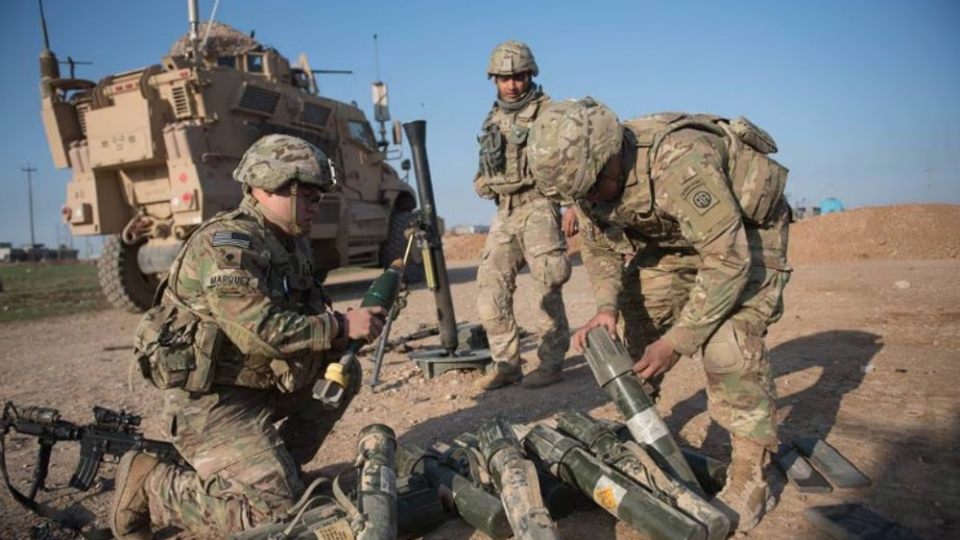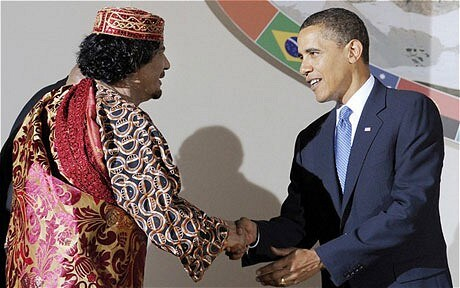The spokesman for Iraq's Joint Operations Command (JOC), Brigadier General Yahya Rasool, says the Baghdad government is determined to end the presence of foreign troops from the US-led military coalition purportedly formed to fight the Takfiri Daesh terrorist group.
“The Iraqi government is resolute to put an end to the deployment of foreign forces in the country. It has devised a vision plan for the next stage, which includes joint technical activities intended for the US-led coalition's departure and subsequent security and military cooperation,” Rasool said.
The high-ranking Iraqi security official underscored that with the presence of capable Iraqi forces, the US-led military coalition in Iraq is no longer needed.
Iraqi Prime Minister Mohammed Shia’ al-Sudani on Thursday repeated his call for the US-led coalition to depart his country, stressing that Baghdad demands the immediate withdrawal of the forces due to their destabilizing activities.
“The end of the US-led coalition mission is a necessity for the security and stability of Iraq,” he said during a televised event at the World Economic Forum in Davos, Switzerland.
“It is also a necessity for preserving constructive bilateral relations between Iraq and the coalition countries," the Iraqi prime minister noted.
Sudani has repeatedly said in recent weeks he would like to see foreign troops leave Iraq.
Iraq adopted the law to expel foreign forces after Washington’s assassination of top Iraqi and Iranian anti-terror commanders four years ago.
General Qassem Soleimani, commander of the Quds Force of Iran’s Islamic Revolution Guards Corps (IRGC), and Abu Mahdi al-Muhandis, the second-in-command of Iraq’s Popular Mobilization Units (PMU), were martyred along with their comrades in a US drone strike that was authorized by then-president Donald Trump near Baghdad International Airport on January 3, 2020.
The two iconic anti-terror commanders are greatly admired for their instrumental role in fighting and decimating the Takfiri Daesh terrorist group in the region, particularly in Iraq a And Syria.

















